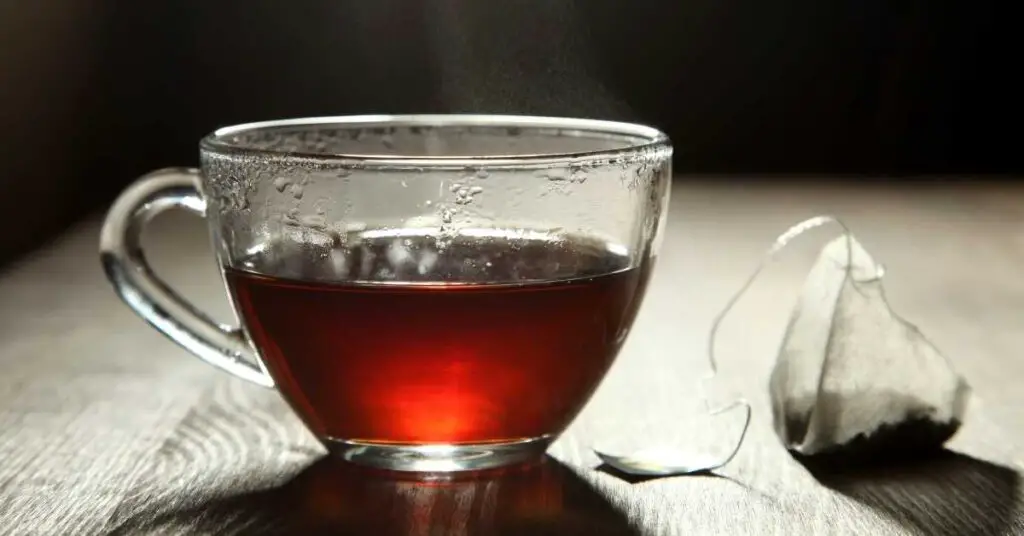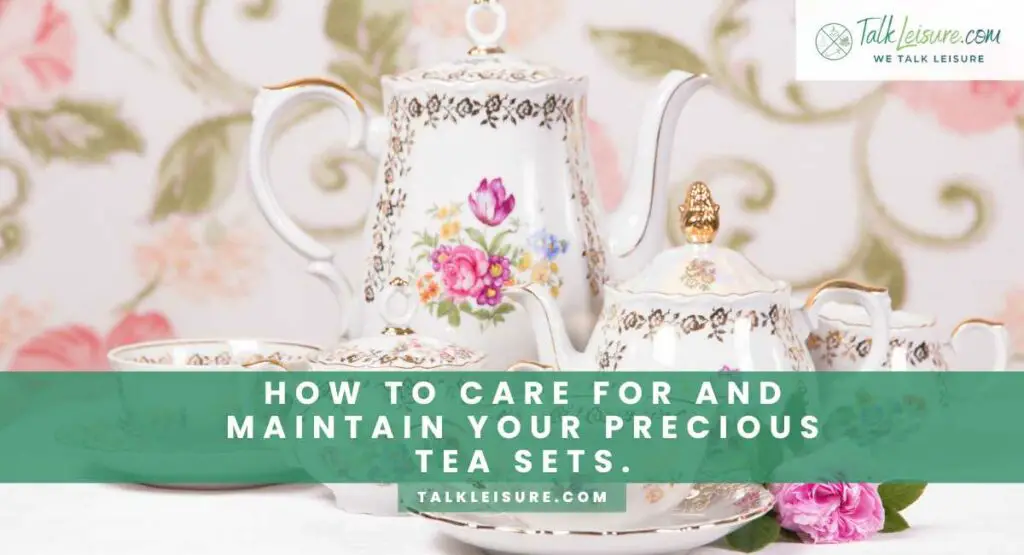Black tea is a type of tea that is made from Camellia sinensis leaves that have been oxidized. This results in a darker color and a more robust flavor. Black tea is the most popular type of tea in the world and is produced in countries such as China, India, Sri Lanka, and Kenya. It can be enjoyed plain or with milk and sugar. Black tea has numerous health benefits, including reducing the risk of stroke and improving heart health. It is also rich in antioxidants and has been shown to boost cognitive function. Whether you enjoy it first thing in the morning or as an afternoon pick-me-up, black tea is a delicious and nutritious way to help you stay healthy and energized throughout the day.
Yes, black tea can cause acid reflux. This is because black tea contains caffeine, which is a known trigger for acid reflux. In addition, black tea is often very acidic, which can also contribute to the condition. If you suffer from acid reflux, you may want to avoid black tea or limit your intake of it. There are many other types of tea that are less likely to trigger acid reflux, so you can still enjoy a cup of tea without having to worry about it causing problems.
How does black tea cause acid reflux?
There are two main reasons why black tea can cause acid reflux: tannins and caffeine.
Black tea has the highest concentration of tannins of all tea types, due to its heavy processing and complete oxidation process. Tannins have been reported to cause relaxation of the smooth muscles of the lower esophageal sphincter, resulting in stomach acids flowing backward into the esophagus and causing heartburn.
In addition, black tea also has the highest caffeine content of all teas, and caffeine is a known stimulator of gastric acid secretion. Caffeine intake has reportedly triggered and worsened heartburn in people suffering from acid reflux or GERD. Furthermore, caffeine also causes relaxation of the lower esophageal sphincter, further exacerbating acid reflux symptoms.
Therefore, if you are prone to acid reflux, it is best to avoid or limit your consumption of black tea.
How muck black tea should I consume to get the best out of it without causing acid reflux?
There is no one definitive answer to this question. It depends on your individual tolerance to caffeine and tannins. If you are prone to acid reflux, it is best to avoid black tea altogether or limit your intake to small amounts. You may also want to try a different type of tea that is lower in caffeine and tannins, such as green tea or white tea.
When brewed properly, black teas should be around 3-5 minutes for the first infusion and then around 1 minute for each subsequent infusion. This will help to extract the optimal amount of antioxidants and other nutrients while minimizing the release of tannins and caffeine.
You can also experiment with adding milk or lemon to your black tea, as these can help to neutralize the acidity and reduce the likelihood of triggering acid reflux.
Ultimately, it is important to listen to your body and pay attention to how it responds to black tea. If you experience any discomfort after drinking it, it is best to stop consuming it or limit your intake. There are many other types of tea that can be enjoyed without causing problems for those with acid reflux.
What are the symptoms of black tea causing acid reflux?
Black tea is a popular beverage around the world, but it can sometimes cause acid reflux. The symptoms of black tea causing acid reflux include heartburn, chest pain, and regurgitation. If you experience any of these symptoms after drinking black tea, you should see a doctor to rule out other potential causes. Heartburn occurs when stomach acid flows back up into the esophagus, and it can be accompanied by a burning sensation in the chest. Chest pain may occur if the esophageal sphincter, which normally prevents stomach acid from flowing back up into the esophagus, is weakened or faulty. Regurgitation is another symptom of black tea causing acid reflux, and it occurs when some of the contents of the stomach are brought back up into the throat or mouth. If you experience any of these symptoms after drinking black tea, you should see a doctor to rule out other potential causes.
If you have been diagnosed with acid reflux, you should avoid black tea and other caffeinated beverages, as well as foods that are high in acidity. These include citrus fruits, tomatoes, garlic, and onions. You should also avoid spicy foods, fatty foods, and processed meats. Chewing gum and smoking cigarettes can also make your symptoms worse. Instead, try to eat smaller meals more often throughout the day and avoid eating late at night. Elevating your head while you sleep can also help to reduce symptoms of acid reflux.
Black tea is a delicious and healthy beverage that can be enjoyed by people of all ages. However, if you suffer from acid reflux, you should avoid black tea or limit your intake of it to reduce your symptoms. There are many other types of tea that are less likely to trigger acid reflux, so you can still enjoy a cup of tea without having to worry about it causing problems.
What are the risks associated with black tea causing acid reflux?
The main risk associated with black tea causing acid reflux is heartburn. Heartburn is a burning sensation in the chest that can be accompanied by regurgitation, pain, and difficulty swallowing. If you experience any of these symptoms after drinking black tea, you should see a doctor to rule out other potential causes. Treatment for acid reflux typically involves lifestyle changes, such as avoiding trigger foods and drinks, and taking medications to reduce stomach acid production. Surgery may be recommended in severe cases.
Black tea has the highest caffeine content of all teas, and as we know, caffeine is a stimulant for gastric acid secretion. Caffeine has also been reported to trigger and worsen heartburn in people who suffer from acid reflux or GERD. In addition, when we drink caffeinated beverages, the lower esophageal sphincter relaxes – making symptoms worse.Therefore, if you are prone to acid reflux, it is best to avoid or limit your consumption of black tea.
What can I do to prevent black tea from causing acid reflux?
There are a few things you can do to prevent black tea from causing acid reflux.
First, try to limit your intake of black tea or switch to a different type of tea that has less caffeine.
You should also avoid trigger foods and drinks, such as citrus fruits, tomatoes, garlic, and onions.
Chewing gum and smoking cigarettes can also make your symptoms worse. Instead, try to eat smaller meals more often throughout the day and avoid eating late at night.
Elevating your head while you sleep can also help to reduce symptoms of acid reflux.
If you have been diagnosed with acid reflux, you should avoid black tea and other caffeinated beverages, as well as foods that are high in acidity. These include citrus fruits, tomatoes, garlic, and onions. You should also avoid spicy foods, fatty foods, and processed meats.
Conclusion
In conclusion, black tea can be a trigger for acid reflux in some people. While it is not clear why this occurs, it is likely that the caffeine and tannins in black tea can relax the lower esophageal sphincter, allowing stomach acid to flow back up into the esophagus. If you experience acid reflux after drinking black tea, you may want to switch to a different type of tea or limit your intake of black tea. However, everyone’s body is different, so be sure to listen to your body and consult with your doctor if you have any concerns.












